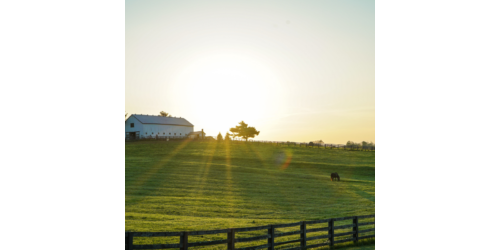Overview
Agritourism is a fast-growing sector, that provides direct and indirect benefits to regional economies. Being driven by consumer demand as visitors seek to better understand where their food comes from and where it is produced, agritourism plays an important role in providing the direct link between the primary producer and the end consumer.
For these regional businesses, the development of agritourism products and experiences provides primary producers with opportunities to supplement their income, diversify their business, and have valuable direct contact with end customers, so they can better understand consumer preferences and demands.
For destinations, agritourism provides an alternative means of showcasing the region and the potential to attract new visitor markets.
NSW Government changes to support agritourism development
In March 2021, the NSW Government released an Explanation of the Intended Effect (EIE) for Agritourism and Small-scale Agriculture Development, the document outlined proposed amendments to support farm businesses and regional economies.
The proposed amendments were designed to support the development of agritourism experiences and offerings through a series of amended and new definitions. Additional changes have been made in both 2022 and 2023, to make it easier for farmers to understand how they can use their land for new income streams, as outlined on the NSW Government website and summarised below:
2022 changes
New and amended terms:
- Farm gate premises – where visitors interact with produce from the farm, such as through fruit picking, sales, tastings, workshops and cafés.
- Farm experience premises – where visitors can experience life on a farm, including tours, horse riding, weddings, functions and retreats.
- Farm stay accommodation – including camping, caravanning and glamping.
Other changes:
- New planning pathways allow agritourism activities to happen with either fast-track (complying development) or no planning approval (exempt development) with development standards that minimise impacts on neighbours, rural roads and the community. If an activity doesn’t meet the standards for exempt or complying development, speak to your local council about lodging a development application.
- Landowners can rebuild farm buildings destroyed by natural disasters without planning approval to help future-proof their farms.
- The distance between homes and poultry and pig farms has been increased to protect the industry from biosecurity threats.
2023 changes
- An amending State Environmental Planning Policy (SEPP) made on 18 August 2023 has expanded the use of agritourism across NSW. The new changes mean agritourism is now permitted with consent in all RU1 Primary Production, RU2 Rural Landscape and RU4 Primary Production Small Lots zones in local environmental plans and in other zones councils have nominated.
- The NSW Government worked with councils to ensure the nominated zones reflect the best locations for agritourism in each LGA.
- The 100 visitors limit to farm gate premises under exempt and complying development no longer applies to pick-your-own produce on farms. Farmers now have greater flexibility to invite more visitors to pick and buy their produce.
For more information about the proposed changes, please see the Department of Planning and Environment website, or visit the following links:
